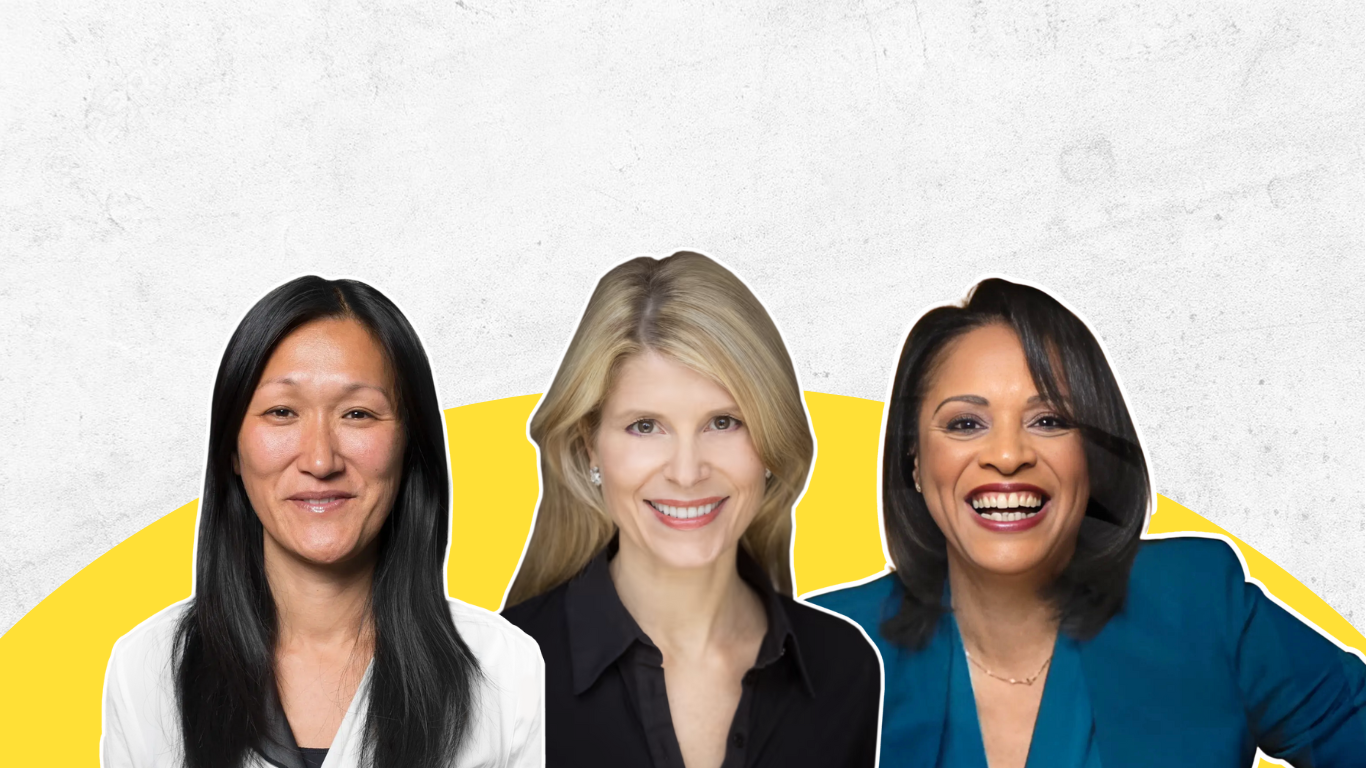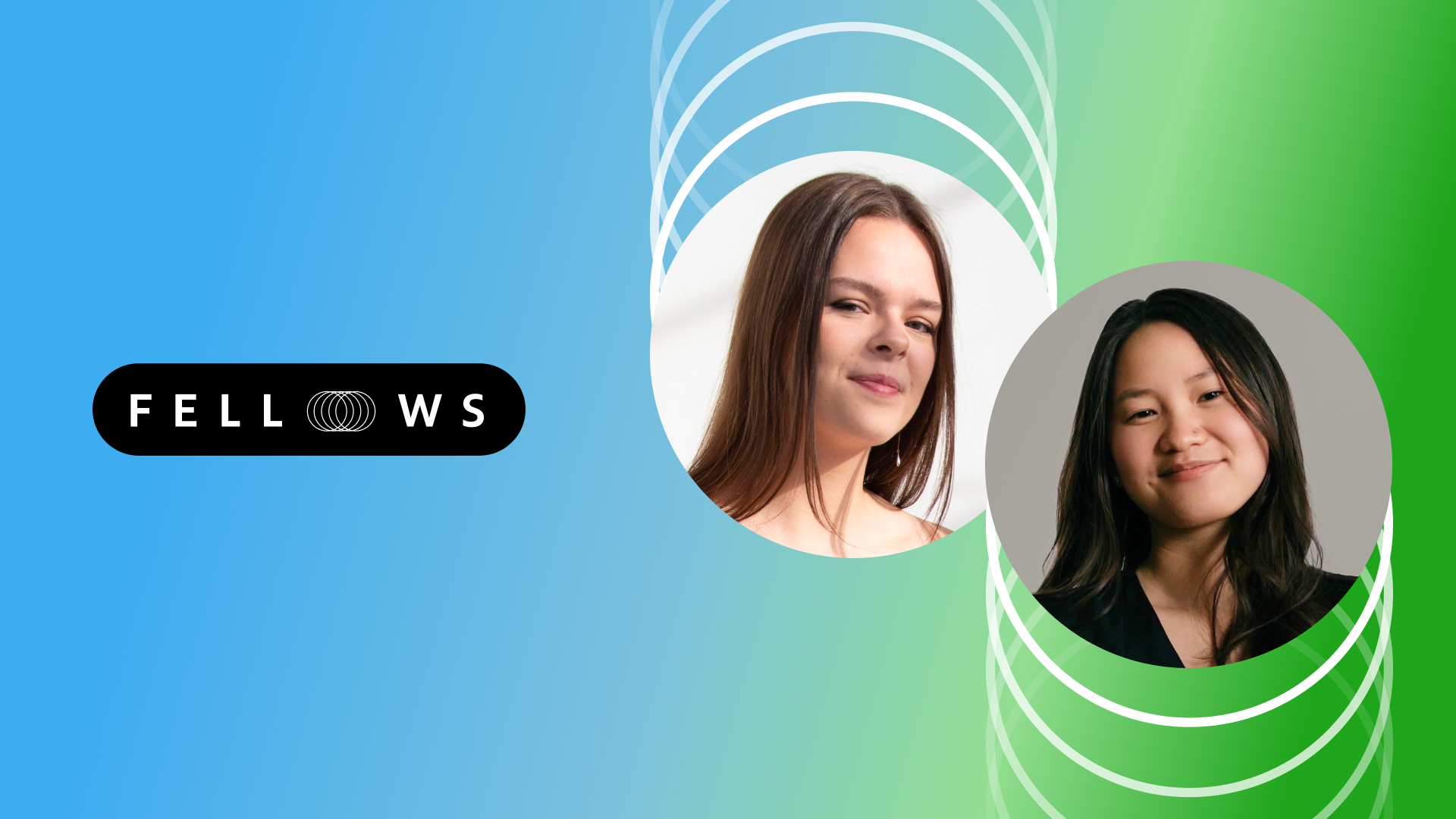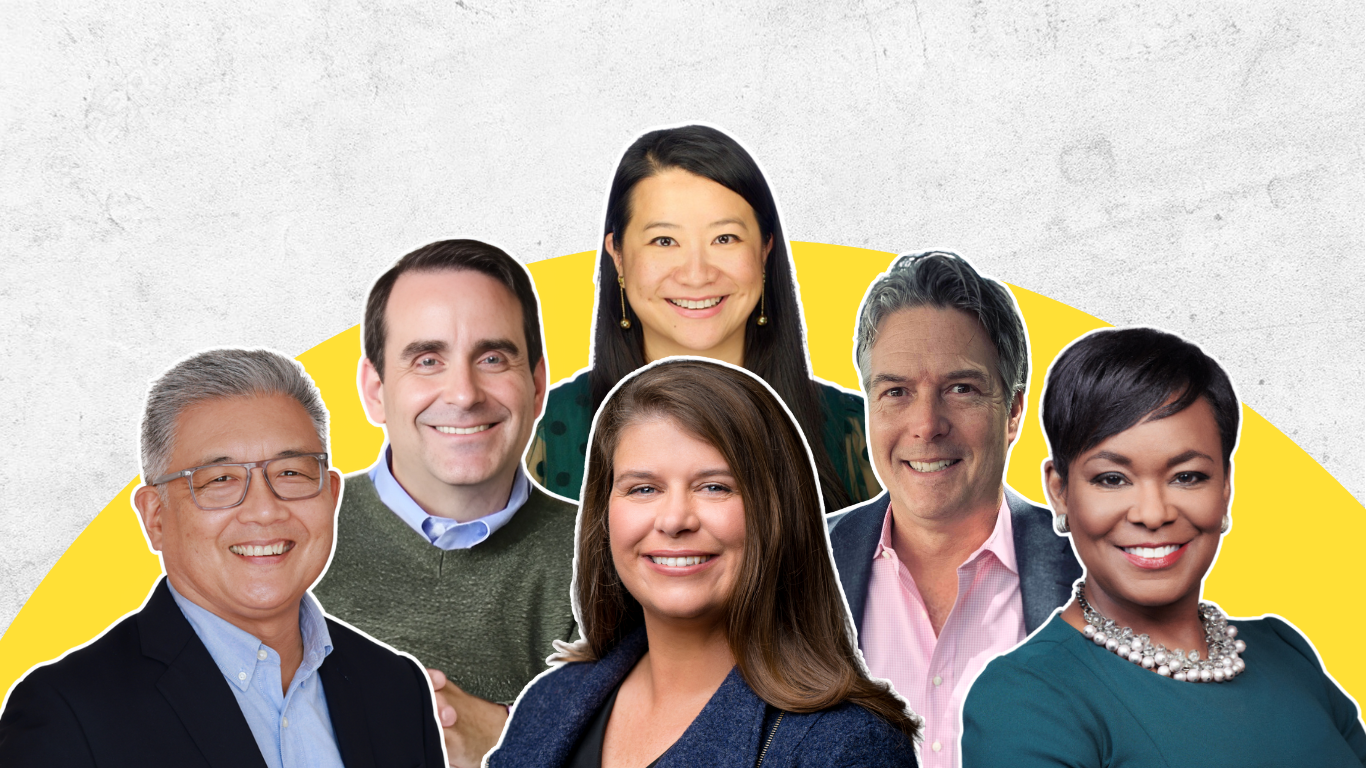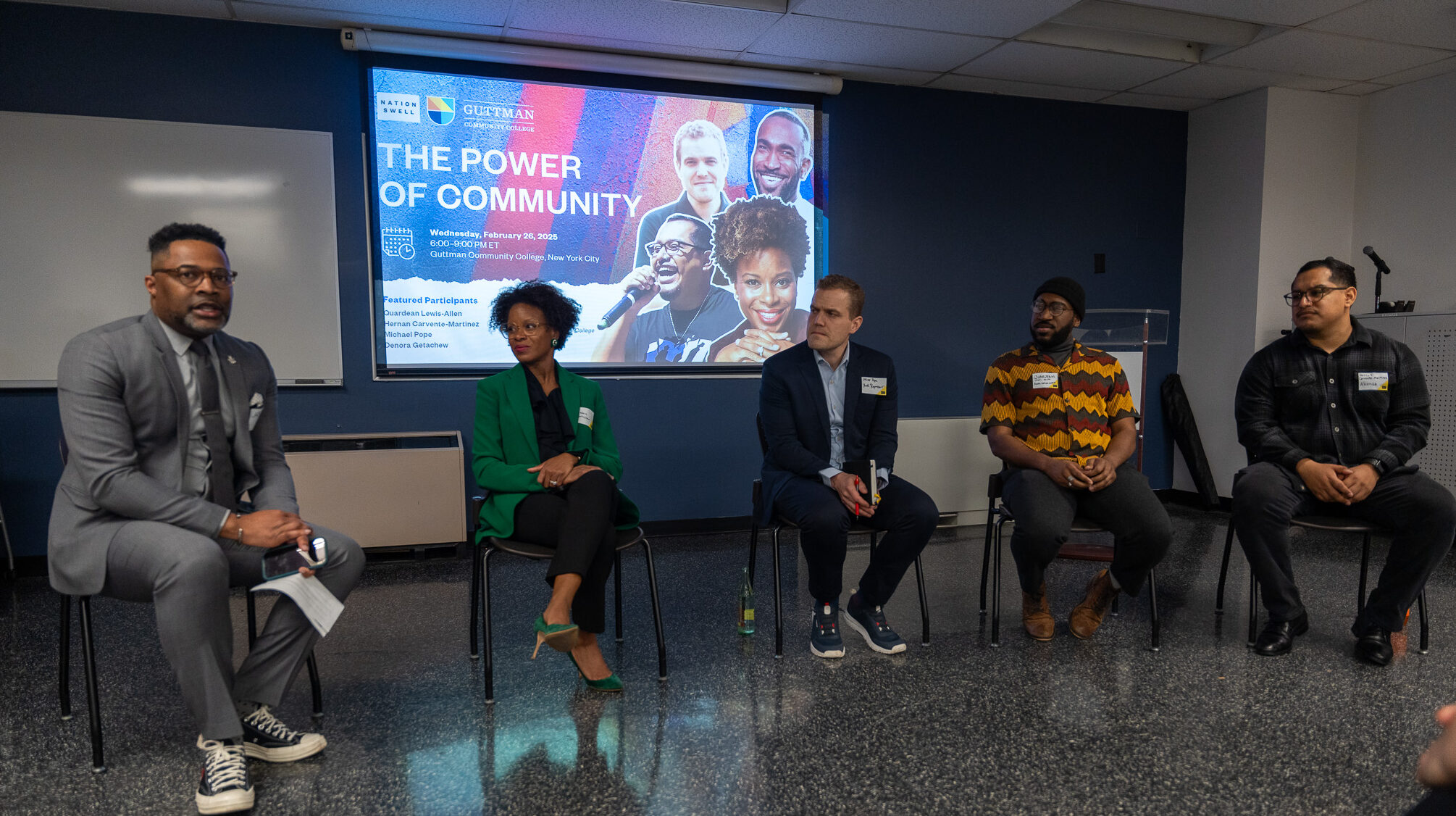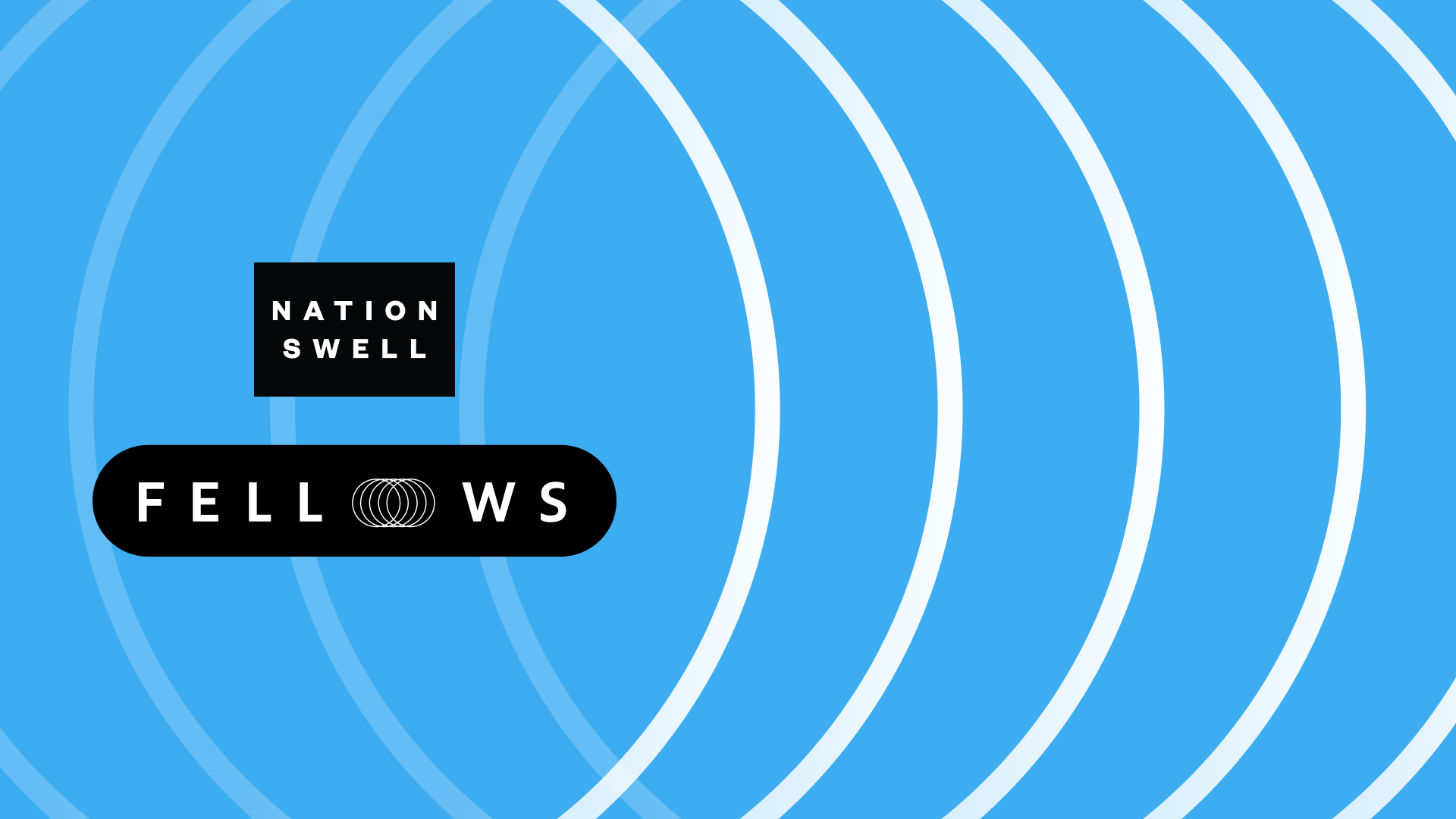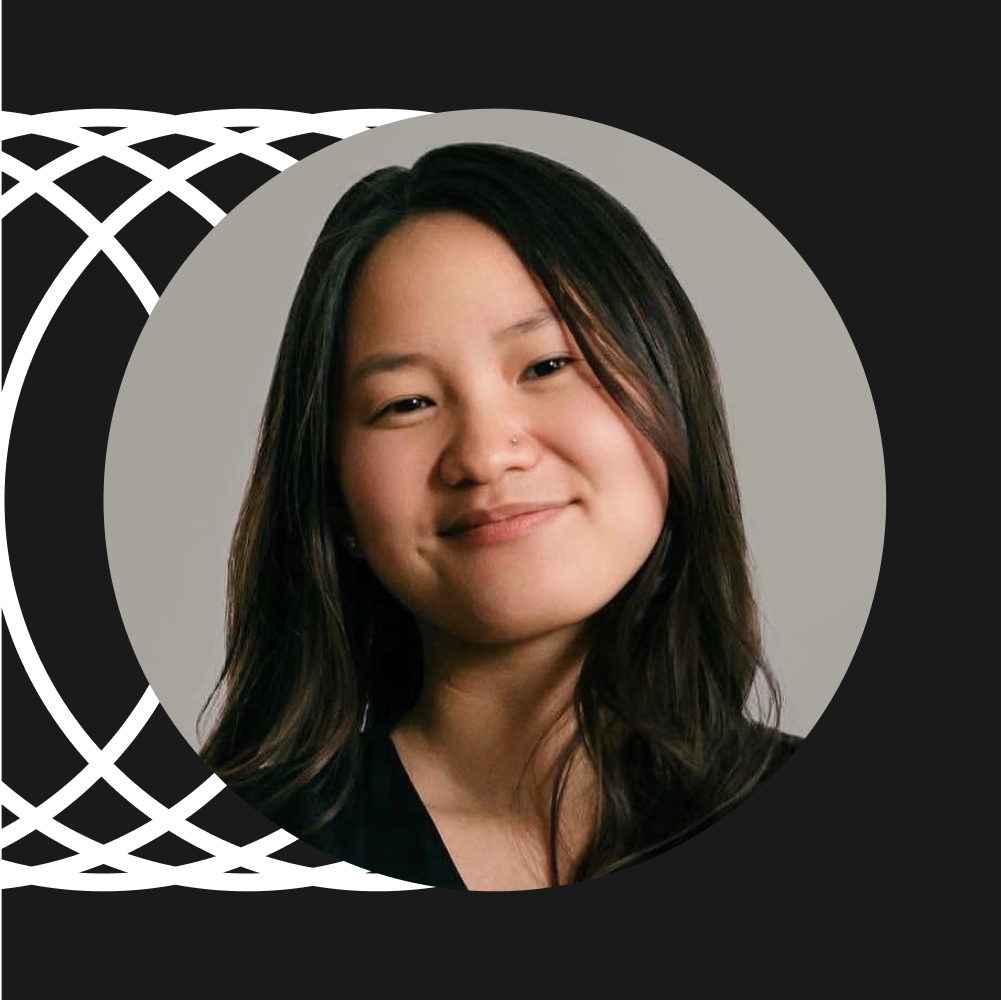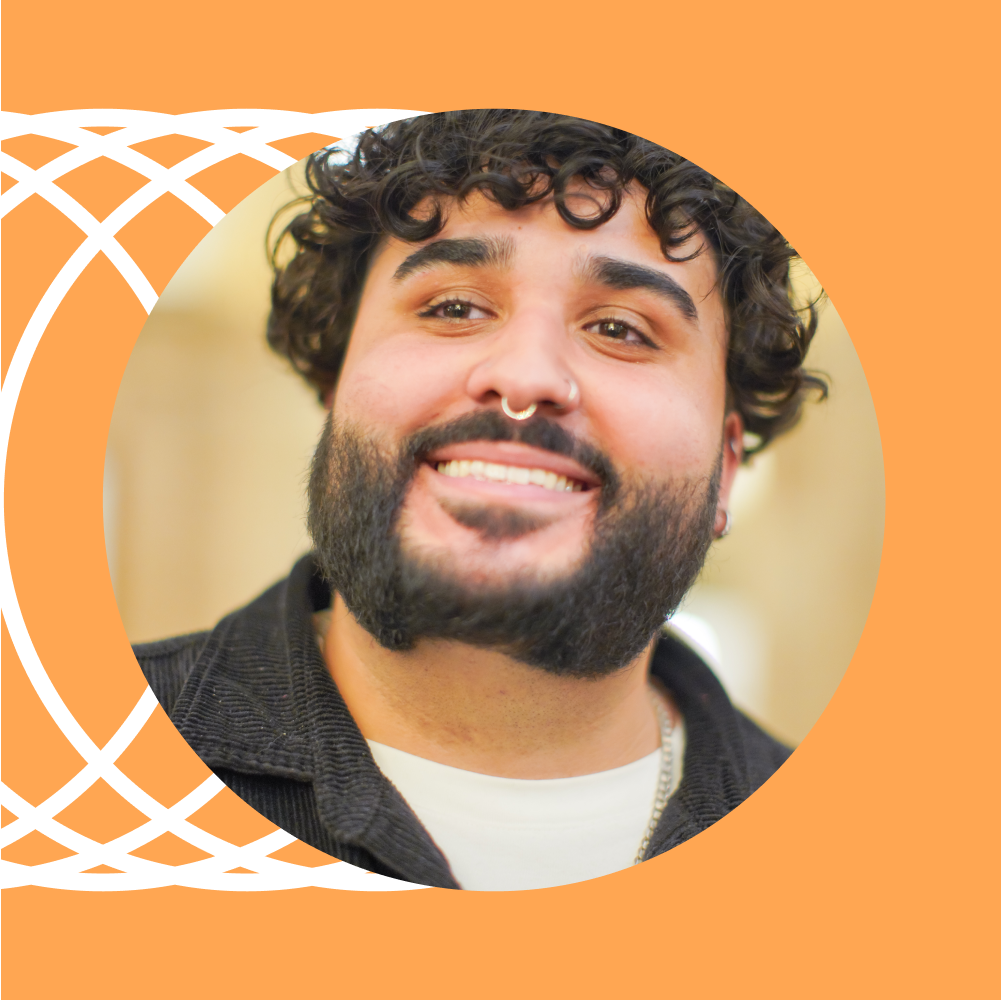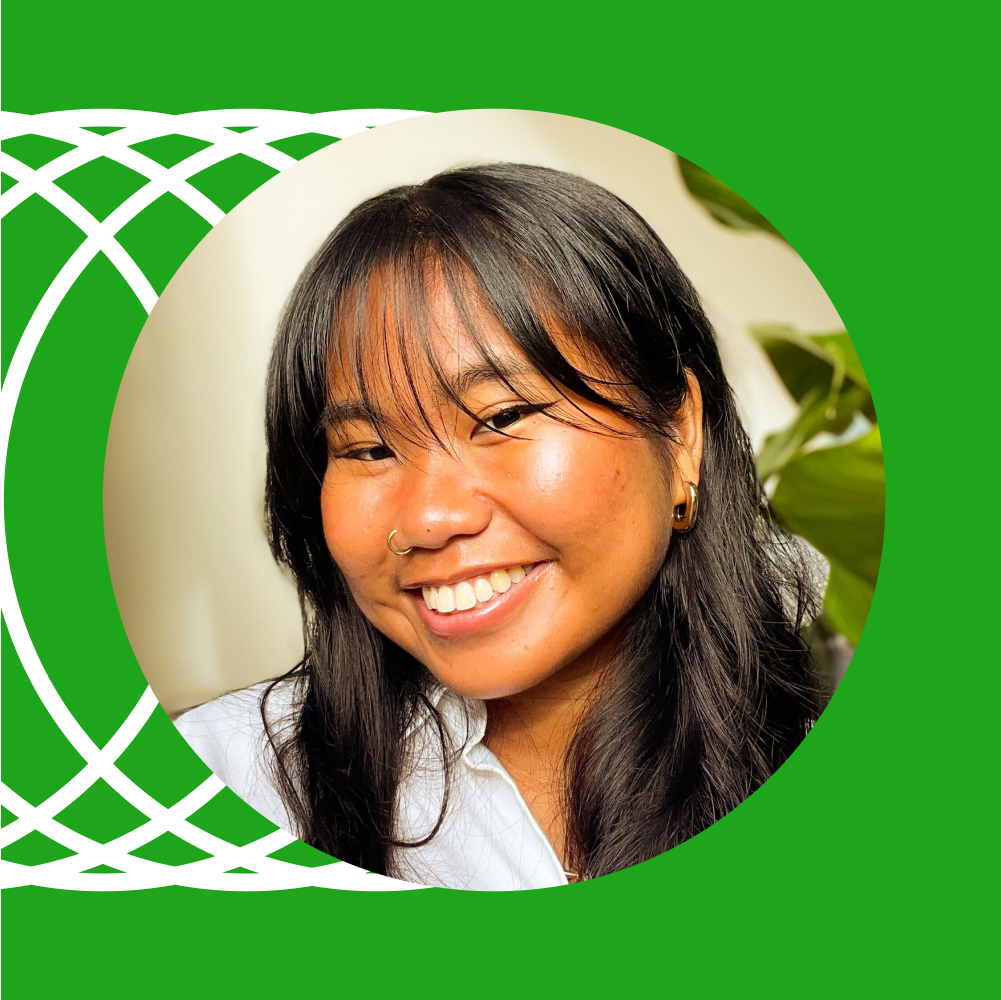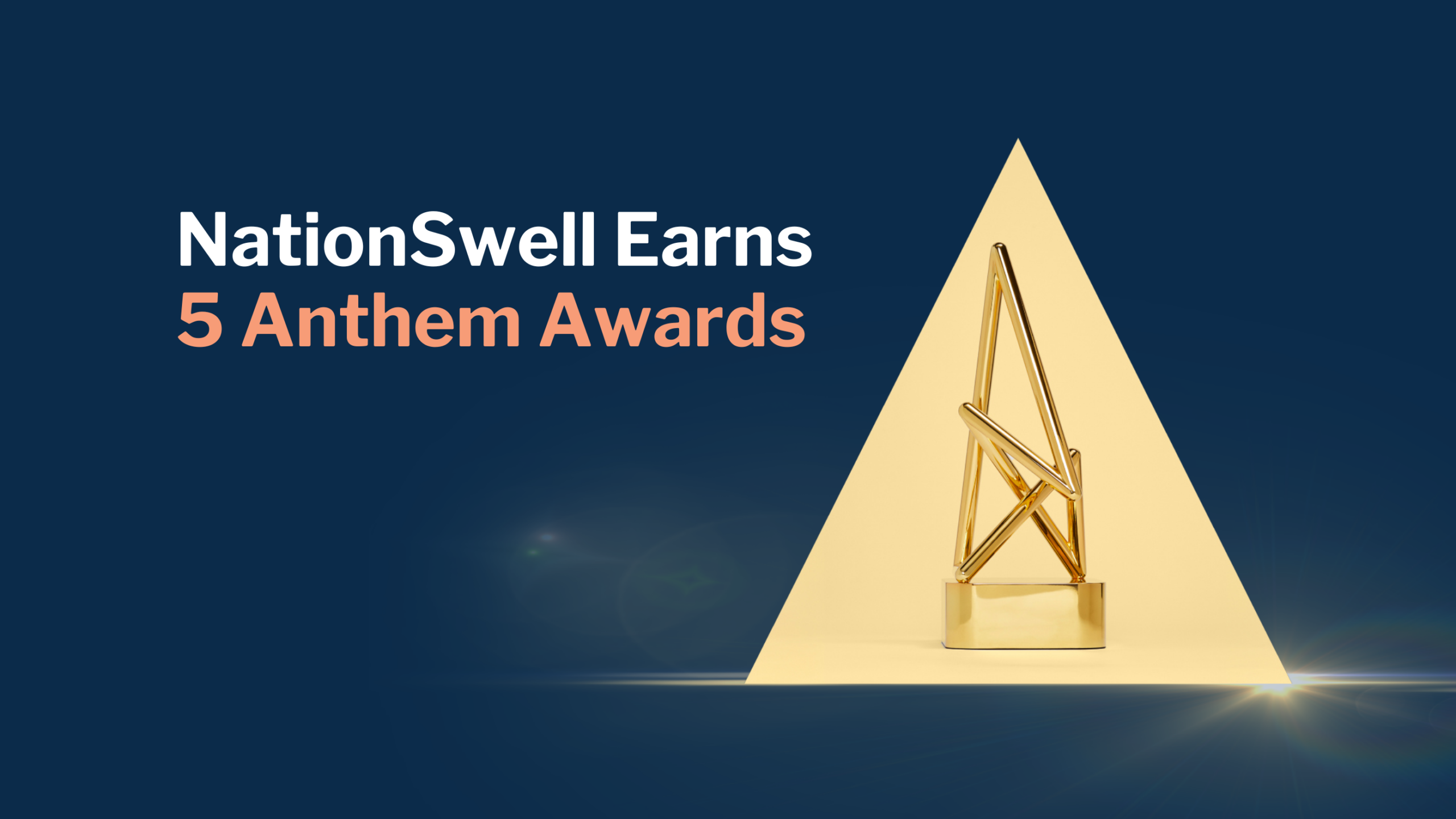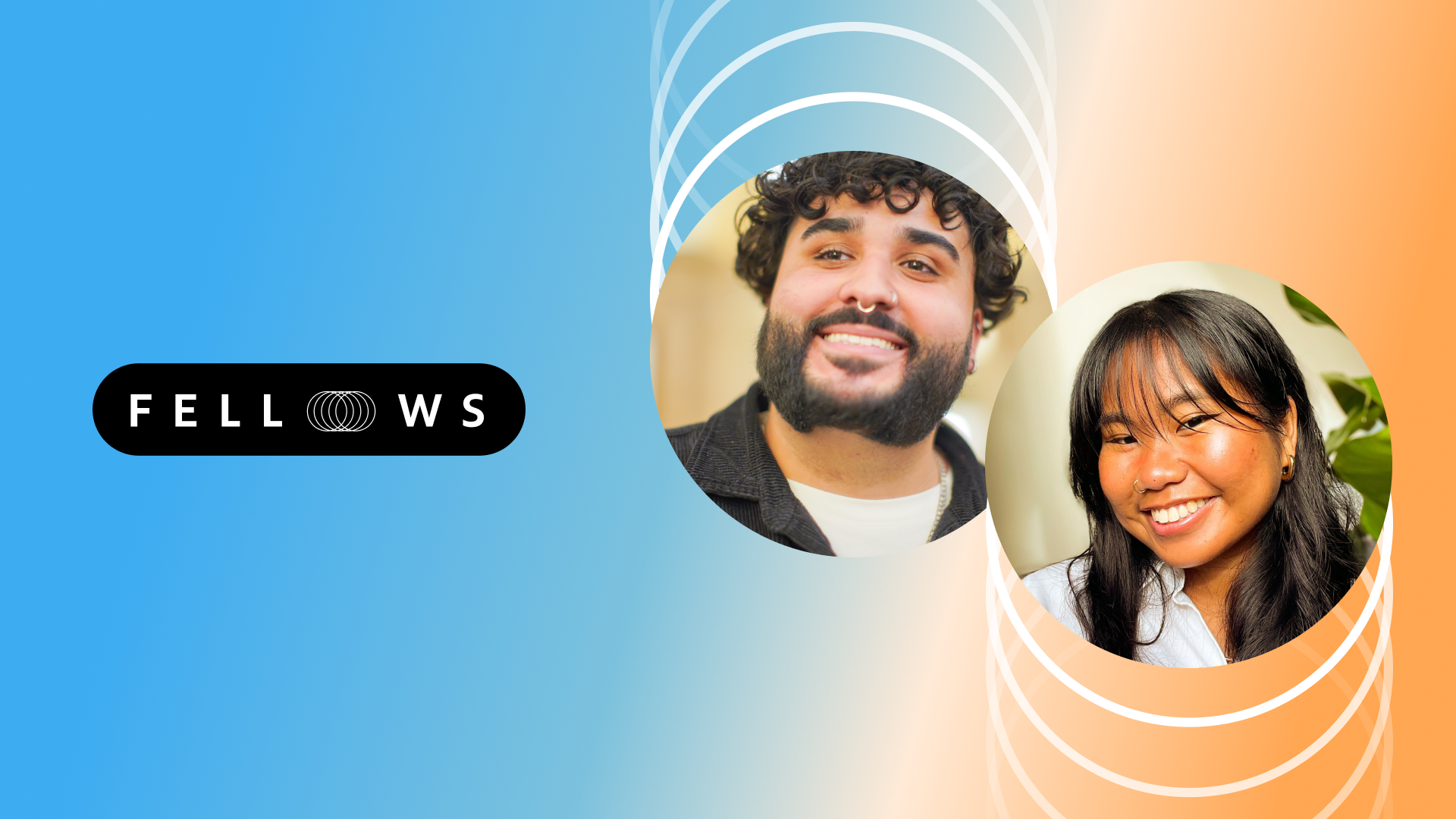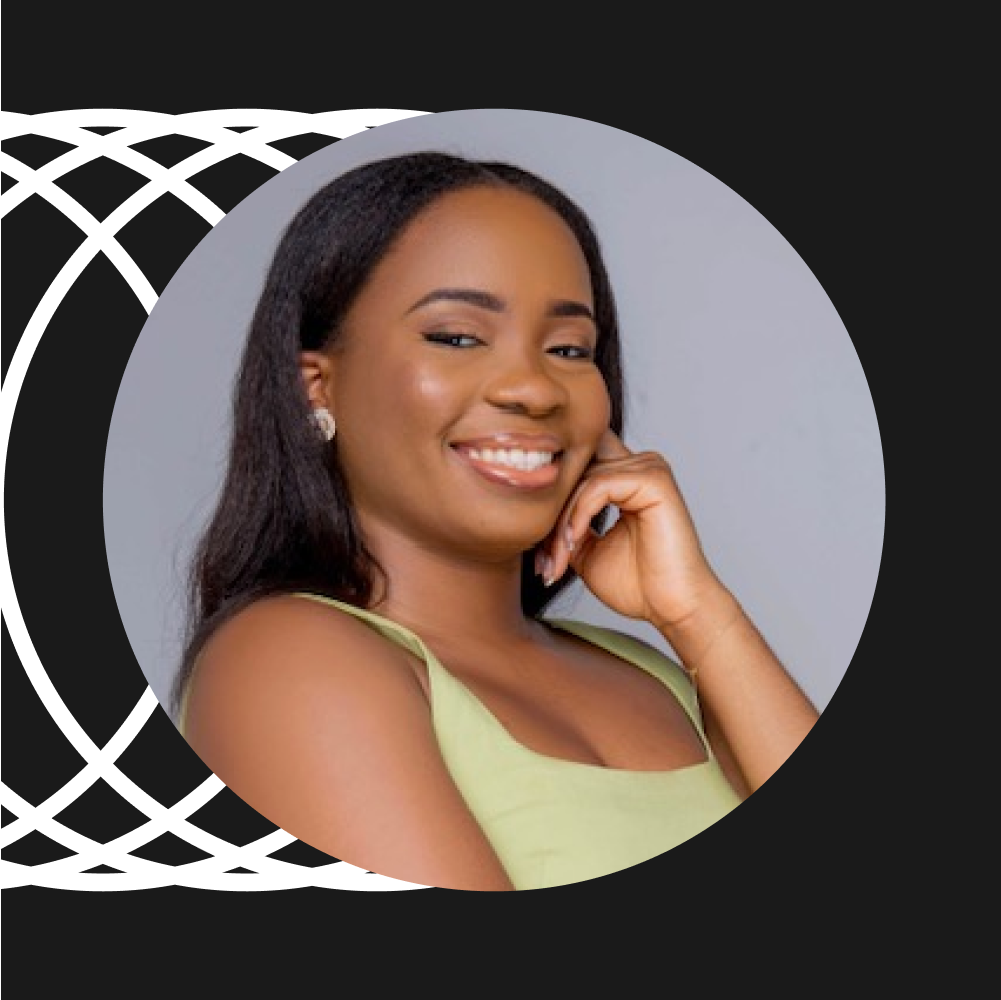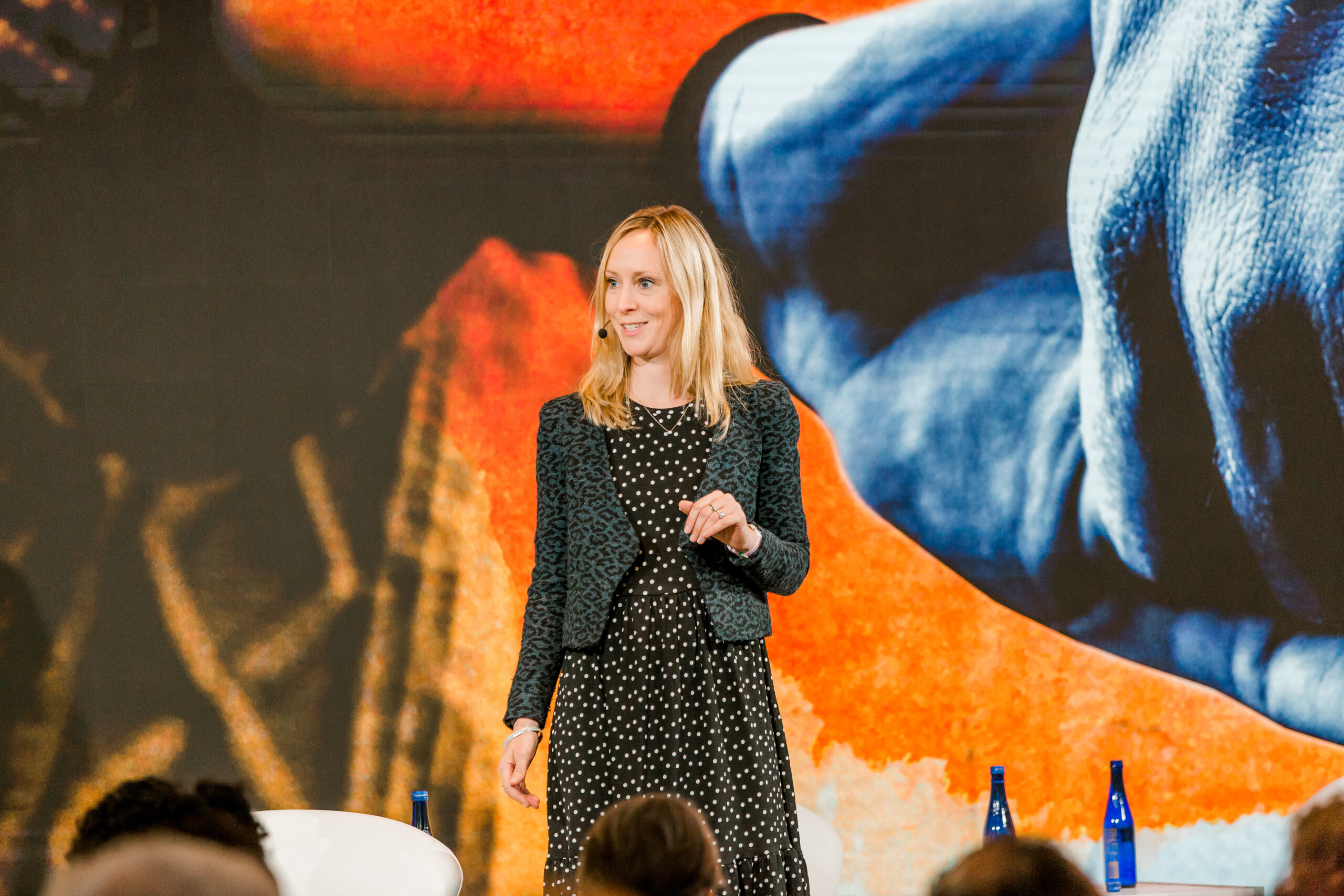Driven by our steadfast commitment to advancing bold, effective leadership across the impact sector, NationSwell continues to deepen the ways we serve our community, expanding the insights, expertise, and strategic guidance available to help members lead with clarity and drive meaningful change. That’s why we’re thrilled to welcome three exceptional leaders to our Strategic Advisory team: Kim Dabbs, Shannon Schuyler, and Celeste Warren (pictured left to right).
They join a distinguished group of NationSwell Strategic Advisors who bring real-world experience to the challenges and opportunities facing today’s impact leaders. Together, this group supports our members across some of the most strategic and exemplary work and needs in the sector, including building resilient organizational cultures, embedding impact into business strategy, the practice of impact leadership in organizations, architecting strategies that are differentiated and built to last, and leading on issues ranging from workforce innovation to diversity and inclusion to corporate responsibility.
Kim, Shannon, and Celeste bring deep expertise and a proven track record of leading transformational change across sectors. They will support our members in a variety of ways, including one-on-one consultations, roundtable conversations, and tailored guidance. Through these engagements, they will offer new opportunities to advance impact, strengthen strategy, navigate complexity, and accelerate our members’ most important work. Their involvement will help deepen the value of membership and expand what is possible for the leaders in our community.
We’re proud to welcome them into this remarkable community of changemakers and excited for the impact they’ll have in shaping the future of social good. Read on to learn more about their journeys and the expertise they bring to the NationSwell network.
Kim Dabbs
STRATEGIC ADVISOR
Areas of Expertise: Belonging and Purpose, Social Innovation, Organizational Culture, DEI, Identity and Purpose, Workplace Culture, Organizational Development
Kim Dabbs is the Global Vice President of Impact at Steelcase, where she drives social innovation and fosters inclusive environments. With a background as the Executive Director of the West Michigan Center for Arts and Technology and a residency at Stanford’s d.school, Kim brings deep expertise in creating equitable spaces.
She is the best-selling author of You Belong Here: The Power of Being Seen, Heard, and Valued on Your Own Terms, which provides a framework for cultivating belonging. Kim is also the founder of To Belonging, a global community of changemakers exploring the intersection of identity and purpose. As a sought-after speaker, Kim has delivered keynotes at organizations like Google, Microsoft, MIT, and The Guggenheim, helping leaders create inclusive and impactful workplaces.
Shannon Schuyler
STRATEGIC ADVISOR
Areas of Expertise: Culture Activation; Aligning Purpose with Performance; Value Creation through Operational and Revenue Resilience; C-suite and Board engagement
Shannon Schuyler brings over three decades of experience transforming how organizations drive sustainable success through cultural innovation and purpose alignment. At PwC, she held multiple global leadership roles, including Chief Purpose Officer, Chief Sustainability Officer, Chief Diversity Officer, Climate Risk Leader, Corporate Responsibility Leader, co-Leader of CEO Action for Diversity & Inclusion, and President of the PwC Foundation. She has guided C-suite executives and boards across industries in embedding purpose, values, and sustainability into organizational strategy, culture, and stakeholder engagement. Shannon has also served on nonprofit boards, leading strategic planning, pro-bono funding initiatives, and executive succession.
Her insights on the link between culture and strategy have earned recognition from Fortune, Forbes, The Wall Street Journal, Insider, and Fast Company. Named one of the 100 People Transforming Business and a World Changing Woman in Conscious Business, Shannon is a sought-after speaker and advisor who helps organizations align purpose, culture, and strategy to achieve lasting business and societal impact.
Celeste Warren
STRATEGIC ADVISOR
Areas of Expertise: Diversity, Equity and Inclusion, Organizational Culture, Talent Development, STEM Education, Leadership Strategy, Change Management
Celeste Warren is the Founder of Celeste Warren Consulting, LLC, where she guides organizations in implementing impactful diversity, equity, and inclusion strategies. With over 28 years of experience, she previously served as the Vice President and Chief Diversity & Inclusion Officer at Merck, where she led global diversity, equity and inclusion initiatives and developed diverse talent pipelines.
Celeste is also the co-founder of Destination STEM, Inc., a nonprofit focused on supporting students of color and students in need pursuing degrees in STEM. Her work has earned her recognition as one of Black Enterprise’s “Top Executives in Global Diversity and Inclusion” and Diversity Global Magazine’s “Influential Women in Global Diversity.” She was also named Chief Diversity Officer of the Year by the National Minority Supplier Development Council in 2024.
A published author and frequent speaker, Celeste’s diversity, equity and inclusion insights have been shared globally across major platforms, publications and conferences.
To learn more about our membership community, visit nationswell.com/membership

